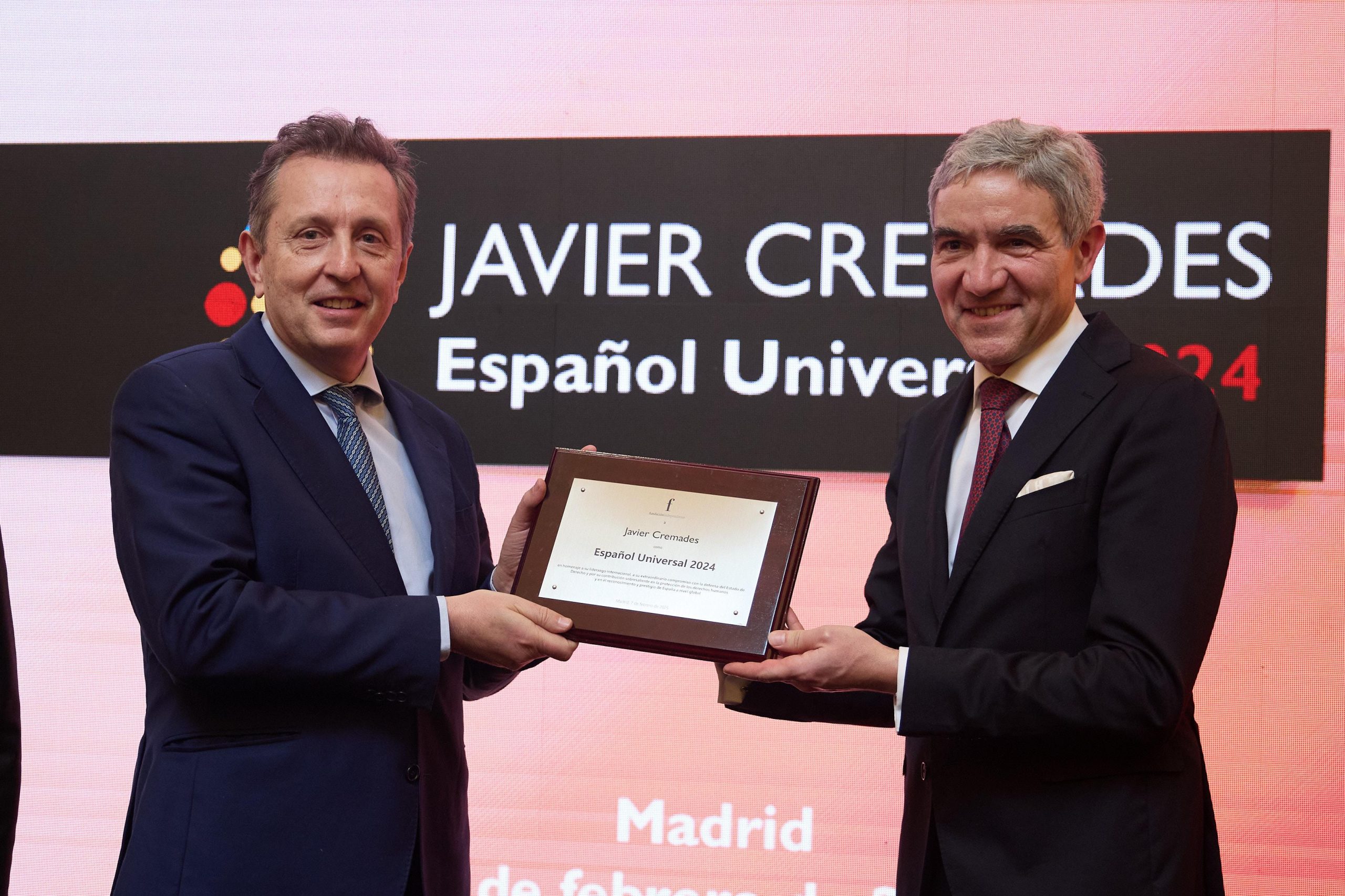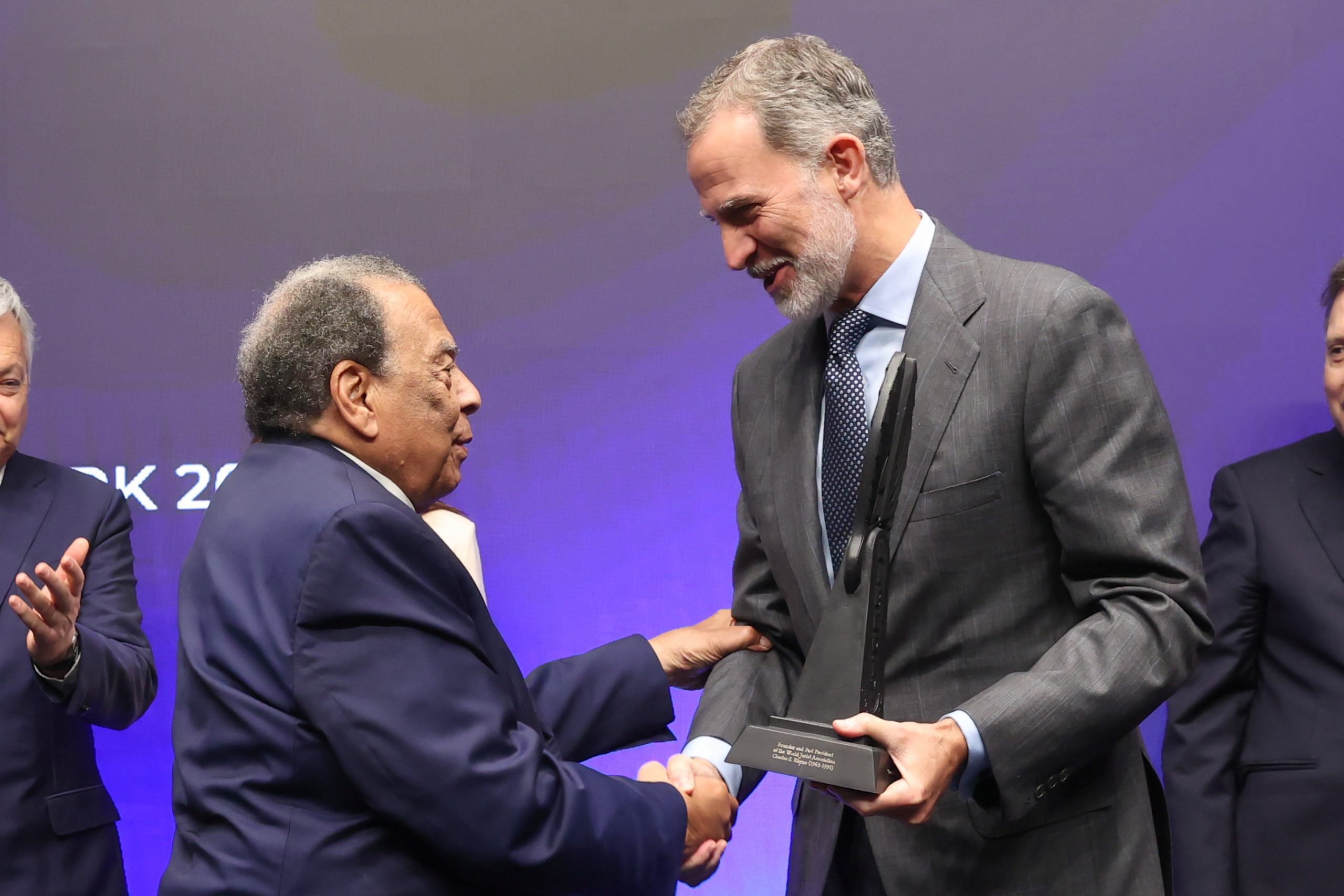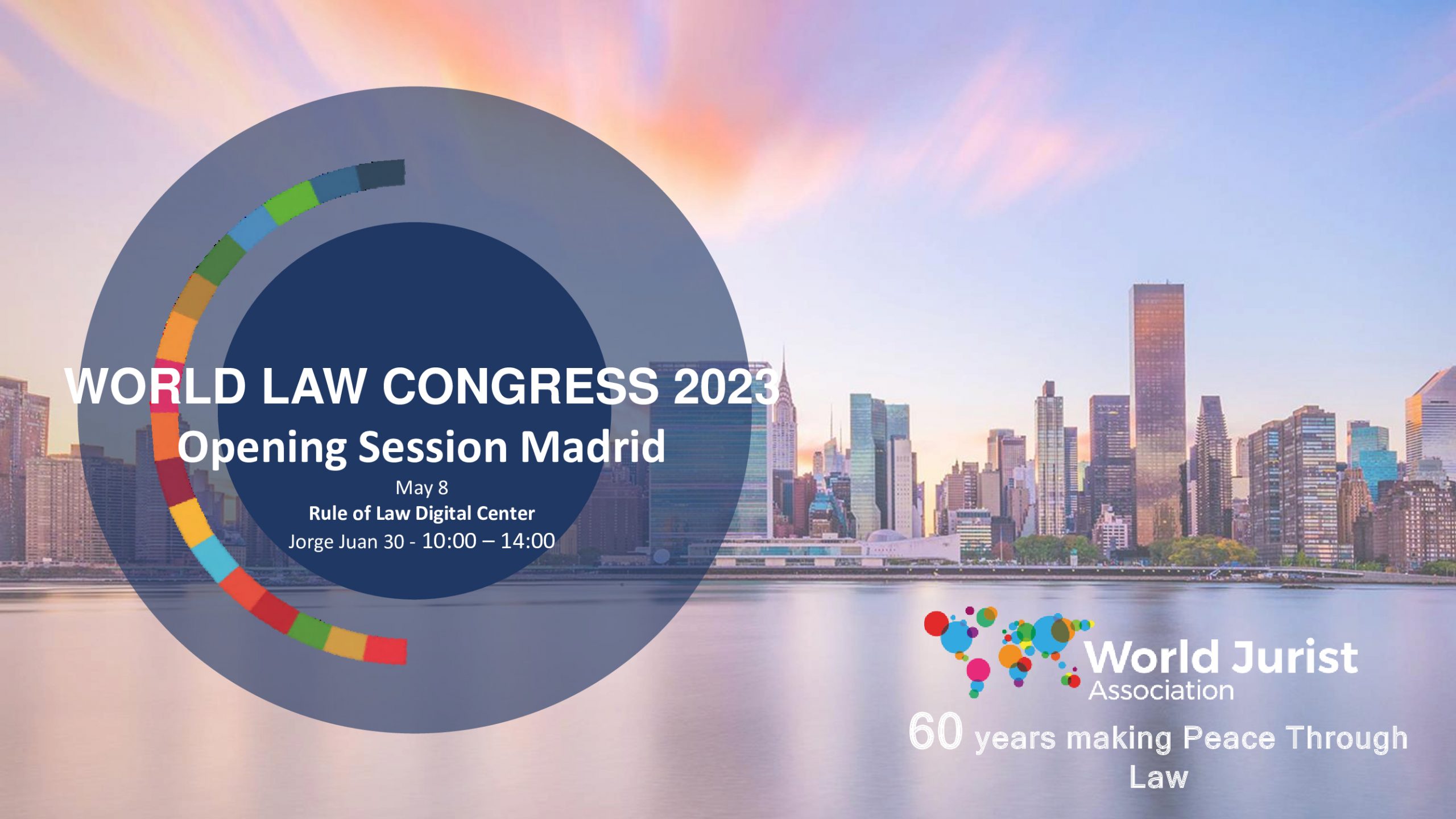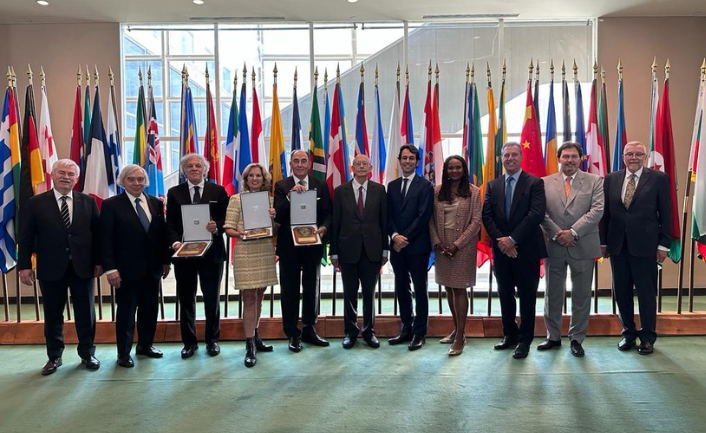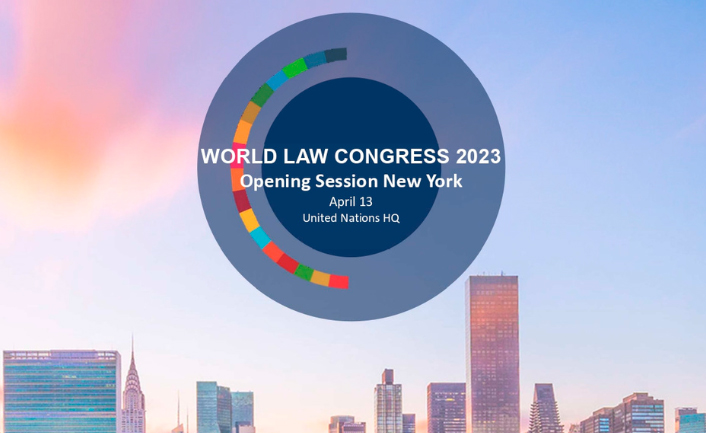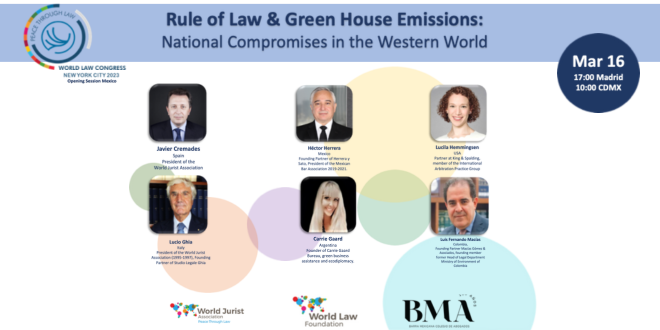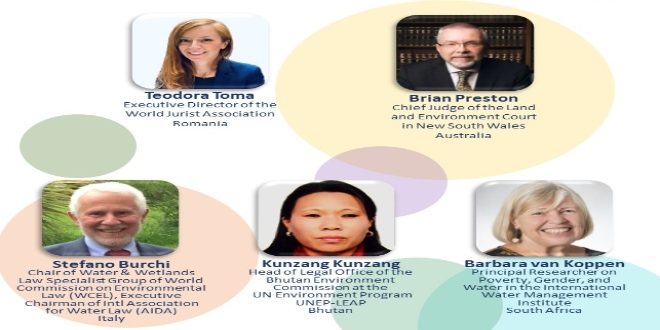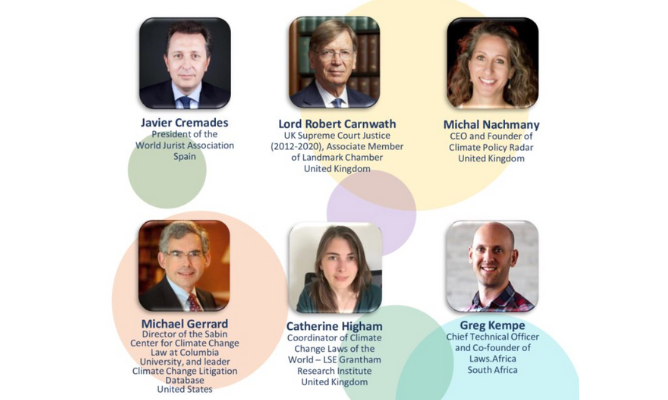Javier Cremades has received the Español Universal 2024 award and has become the first jurist to receive the Fundación Independiente highest recognition for his outstanding contributions to the international promotion of Spain and the Spanish legal profession. Javier Cremades is the first Spaniard to head the World Jurist Association, a position in which he has […]
It is the most prestigious award that the World Jurist Association presents, and it recognized the work of Young being “a leader in the fight for civil rights and part of modern history for the United States and the world in the fight for human rights”. During the day, the Ruth Bader Ginsburg Medals of […]
It is the most prestigious award that the World Jurist Association presents, and it recognizes the work of Young being “a leader in the fight for civil rights and part of modern history for the United States and the world in the fight for human rights”. Andrew Young, the closest collaborator to Martin Luther King […]

